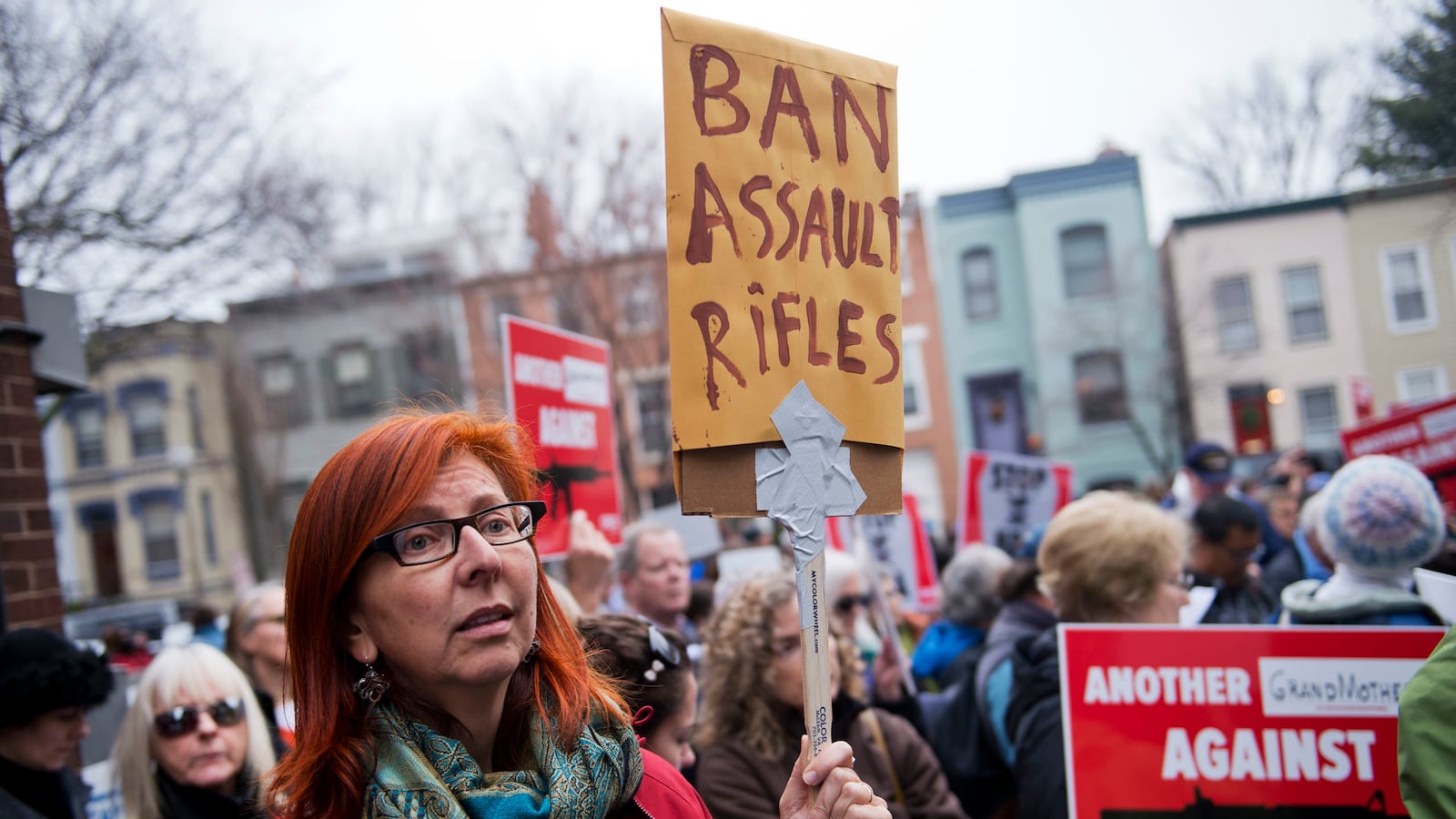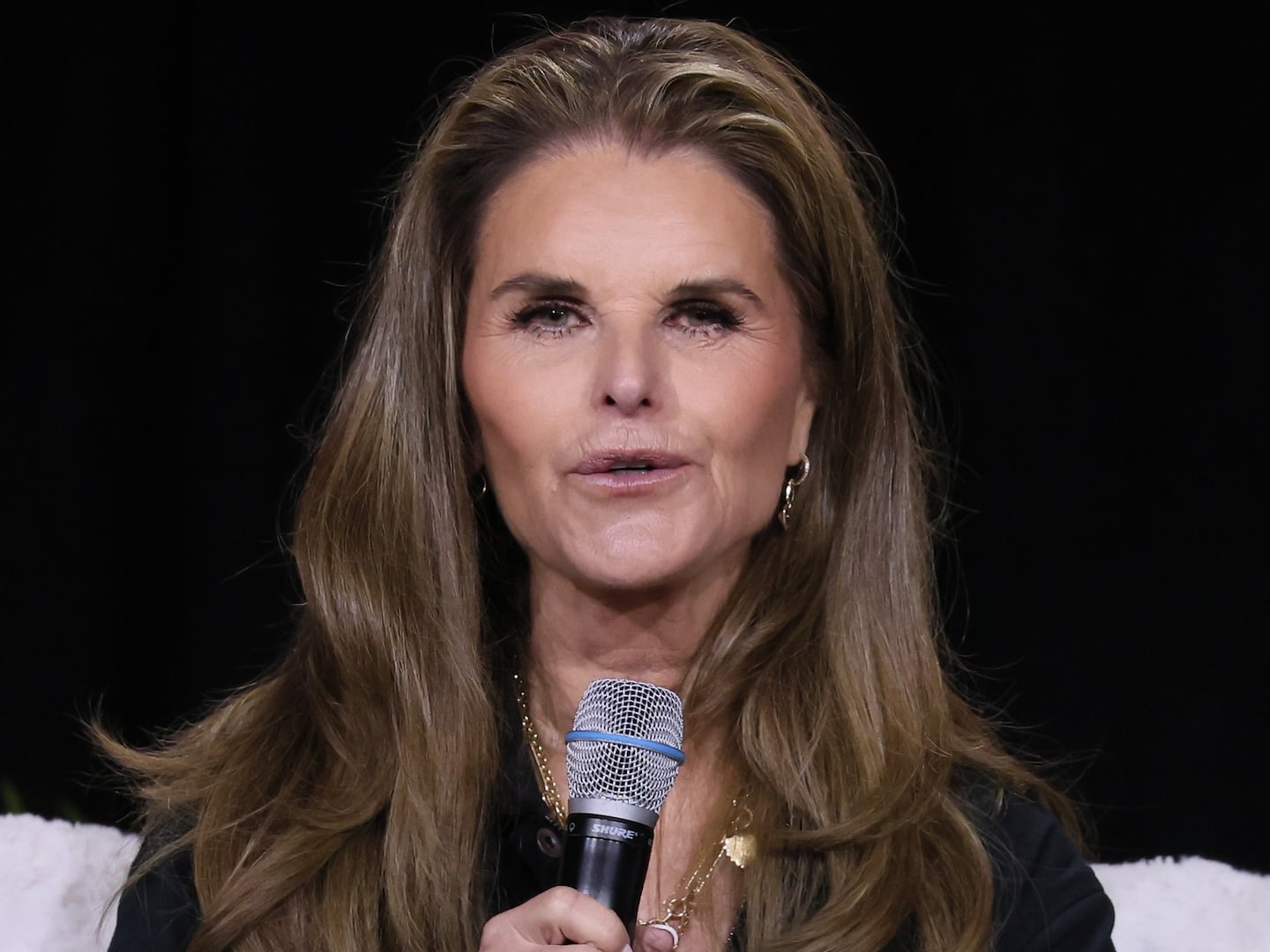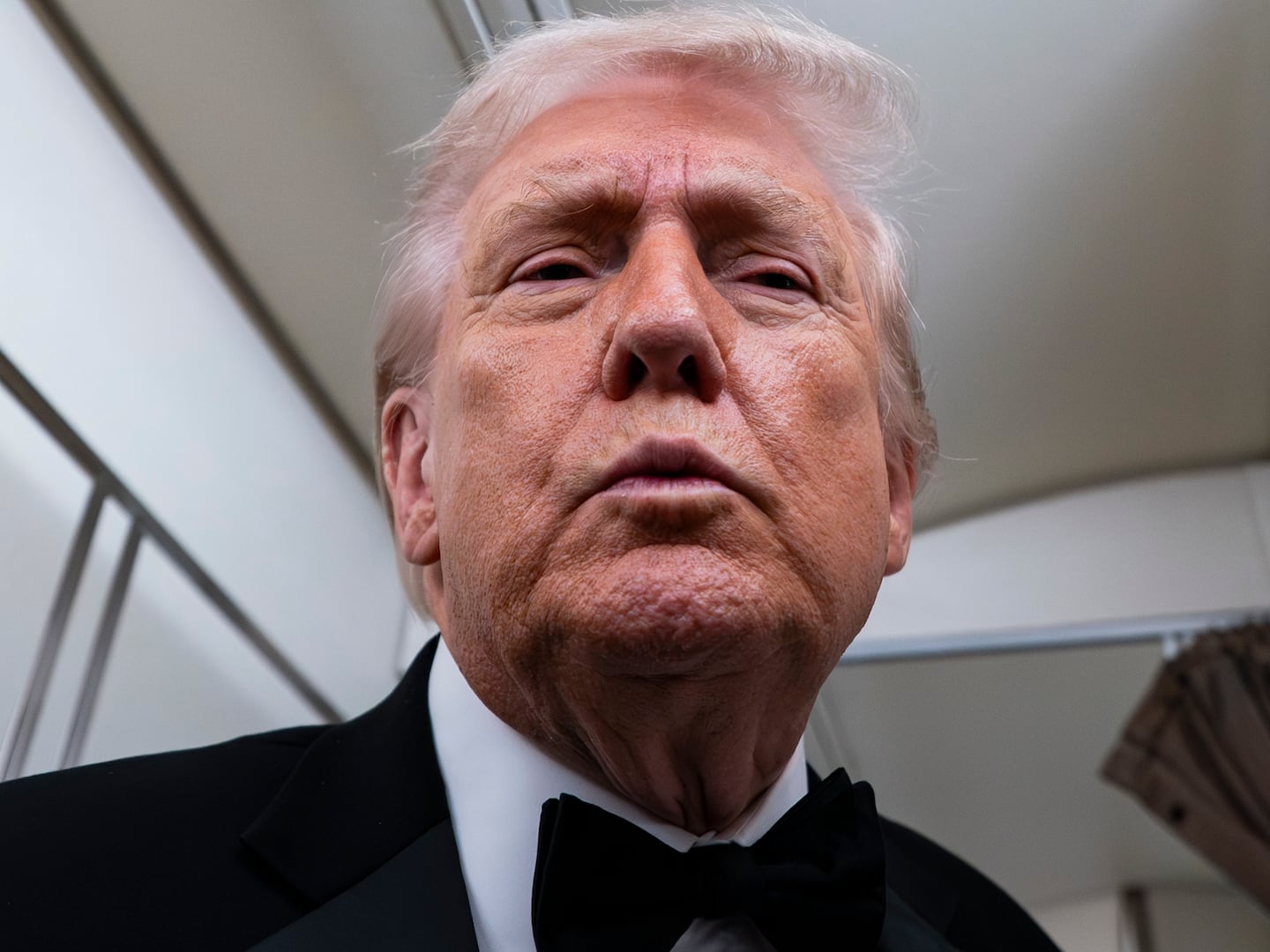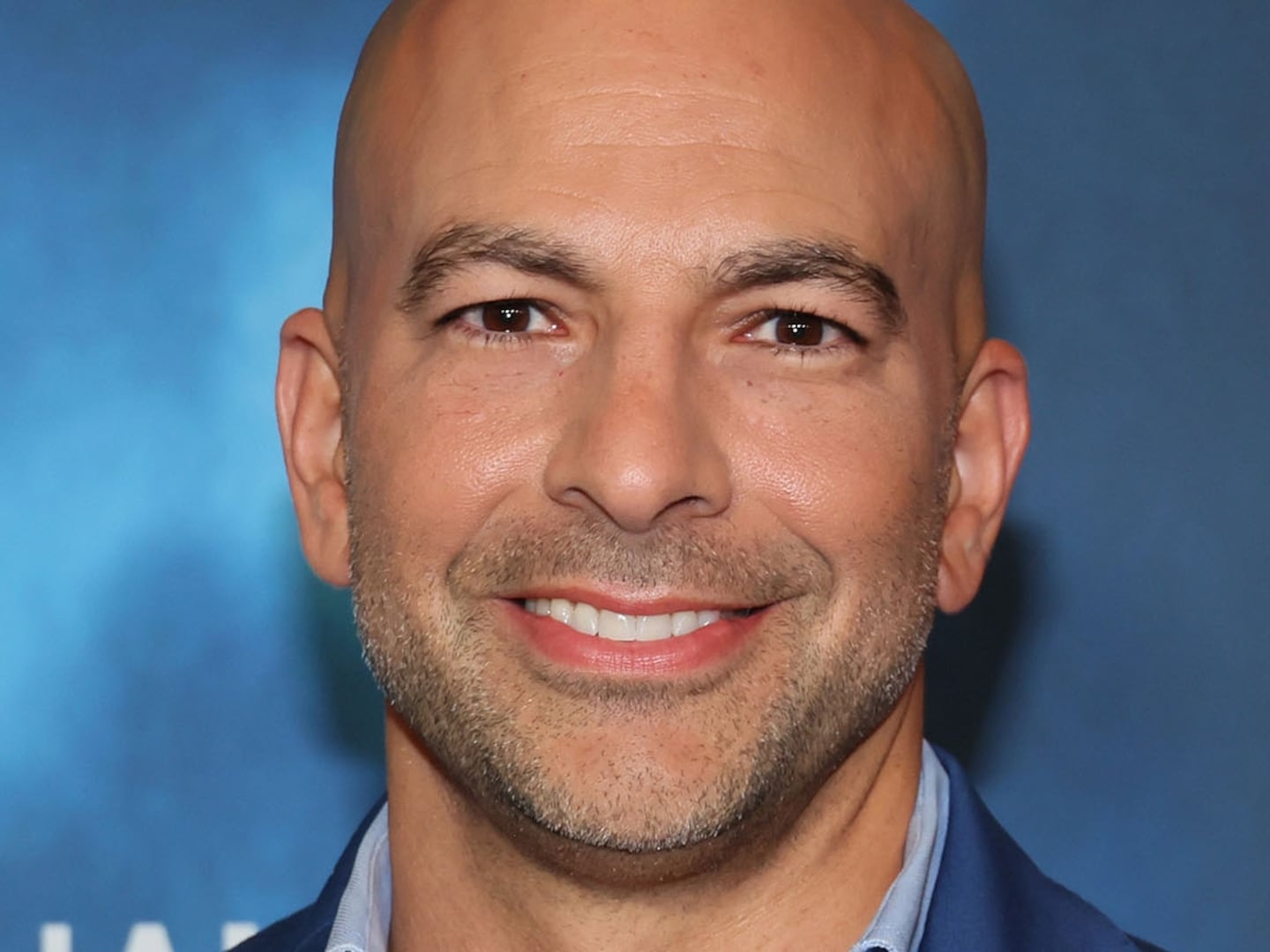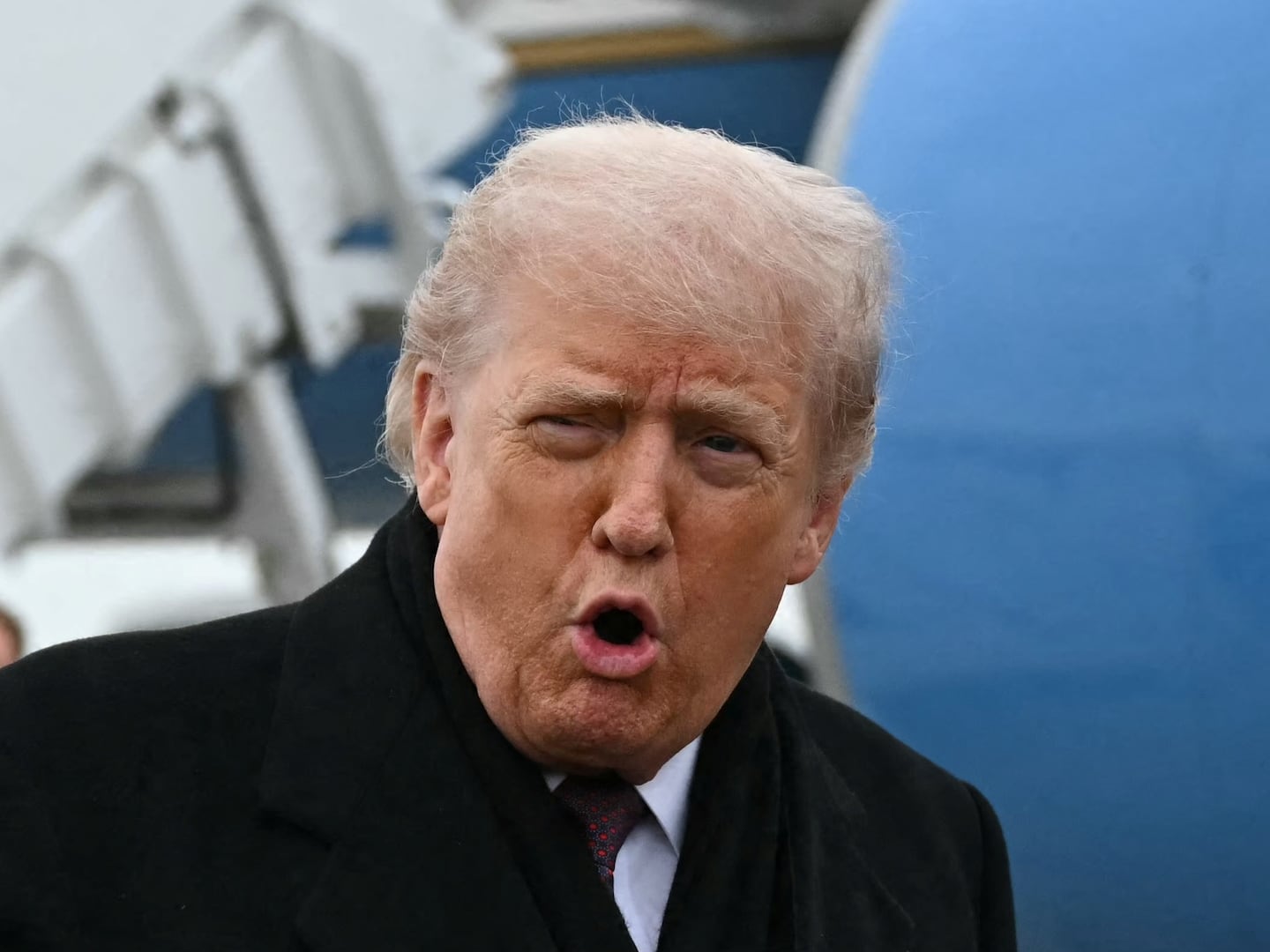So maybe at long last we are at the tipping point in the gun conversation. Maybe, finally, something will be done. But what? Reinstating the assault-weapons ban would be fine symbolically and even to some extent substantively. But there have to be steps taken beyond that. Some people talk, for example, of clamping down on sales of types of ammo. I’m all for it. But let’s think bigger. Let’s put some teeth into the Second Amendment, and specifically, into that lovely phrase about the “well-regulated militia being necessary to the security of a free state.” Let’s make every gun owner be a member of his or her state’s militia.

Here’s the idea, starting with the historical precedent that suggests what could be done in this instance. In the early 1980s, America was up in arms about drunk driving. You remember, if you’re old enough. Candy Lightner and all that. After much debate and hand wringing about what to do, the focus was narrowed down to younger motorists, who tended, sure enough, to be the more irresponsible drivers.
So Congress—it wasn’t completely paralyzed in those days—actually did something. It passed the National Minimum Drinking Age Act, which told states where the legal drinking age varied: you must raise the drinking age in your state to 21 by such-and-such a date. And if you don’t, the federal government is going to dock you 10 percent of your highway money.
Well, you’d better believe that most states got into line pretty quickly. The law was challenged by South Dakota in short order, but in South Dakota v. Dole, the Supreme Court upheld—this is important to remember—the right of the federal government to influence individual states’ laws. The majority agreed, by a 7-2 margin, that indirect action by Washington toward the end of making states do this or that was within constitutional bounds.
So here’s what should happen now. Congress should tell states, in the wake of this surely worse epidemic of gun violence, that they must put some substance into the phrase “well-regulated militia.” They must define well-regulated militia to include not only the National Guard, but all legally registered gun-owners in the state. If they fail to do so, and in line with the precedent set by the drinking-age act, they risk losing 10 percent of their federal law-enforcement funding.
Why not? Who could argue with such a move? It would be precisely in the spirit of the Second Amendment as worded, in which the right to keep and bear arms is granted within the context of the existence of such a militia. The founders spoke explicitly of said militia. So, let’s make it!
Legally registered gun-owners would become members of each state’s more broadly construed militia. They would not, obviously, be required to report for service on certain weekends like Guard members do. But their membership in this broader militia would come with certain responsibilities.
First, they could be obliged by law to keep their guns in a locked, steel safe to which only the registered owner has access. They could also be obliged to undergo certain testing and evaluation before being permitted to own certain kinds of guns—or, depending on the state, barred from owning certain types of guns at all, or barred from keeping them at home (that is, they could buy and own them, but they would have to keep those guns at the firing range, which after all is the only place where they can be legitimately used).
Obviously, hunting rifles would not be covered here under any circumstance, and maybe the federal law could even state that explicitly, so that legitimate sportsmen could rest easy and the National Rifle Association wouldn’t be able to play that card. Congress could toss a few other little sweeteners into such legislation—for example, it could subsidize the purchase of steel safes for a short time, much as it is about to subsidize the purchase of health insurance. Something tells me conservatives wouldn’t caterwaul about this subsidy so much!
States have many of these powers even now, but this step—making the enforcement of these standards the work of the states, and not of Washington—would be key, and it would take another big weapon, as it were, out of conservatives’ hands. They always want to send things down to the states, right? So, let’s do it. The federal government could never pass a law imposing all of these limitations. The votes would probably never exist for that, not even in the new, post-Newtown climate. And doing so might not be constitutional under current interpretations of the Second Amendment. But the states should have a pretty clear path. And, as I noted above, the Supreme Court has ruled that the federal government can pass laws that indirectly influence how states behave.
Threatening financial penalties should make states get in line pretty fast. They’ll all comply, as they did in the 1980s. What governor is going to want to be responsible for losing 10 percent of his law-enforcement money? Of course they will comply to varying degrees. Alabama will make very few requirements of these new militia members, while northern states—surely Connecticut itself, among others—will issue more stringent requirements.
And over time, we’ll see results. We can’t predict where the next big tragic shoot ’em up will take place. But I bet we can predict that shootings in general, the smaller kinds of tragedies, will decrease in the states that make more rigorous requirements of their militias. And hopefully, those states will quickly serve as a model.
Something like this could change not just the practical reality, but the way we think about guns. The right would come with greater responsibility—something we’ve required, with conservatives’ happy assent, of people on welfare and many other groups. And I’d bet that in giving states and gun owners themselves more responsibility, most of them would probably live up to it. And we’d be a different, and safer, country.

